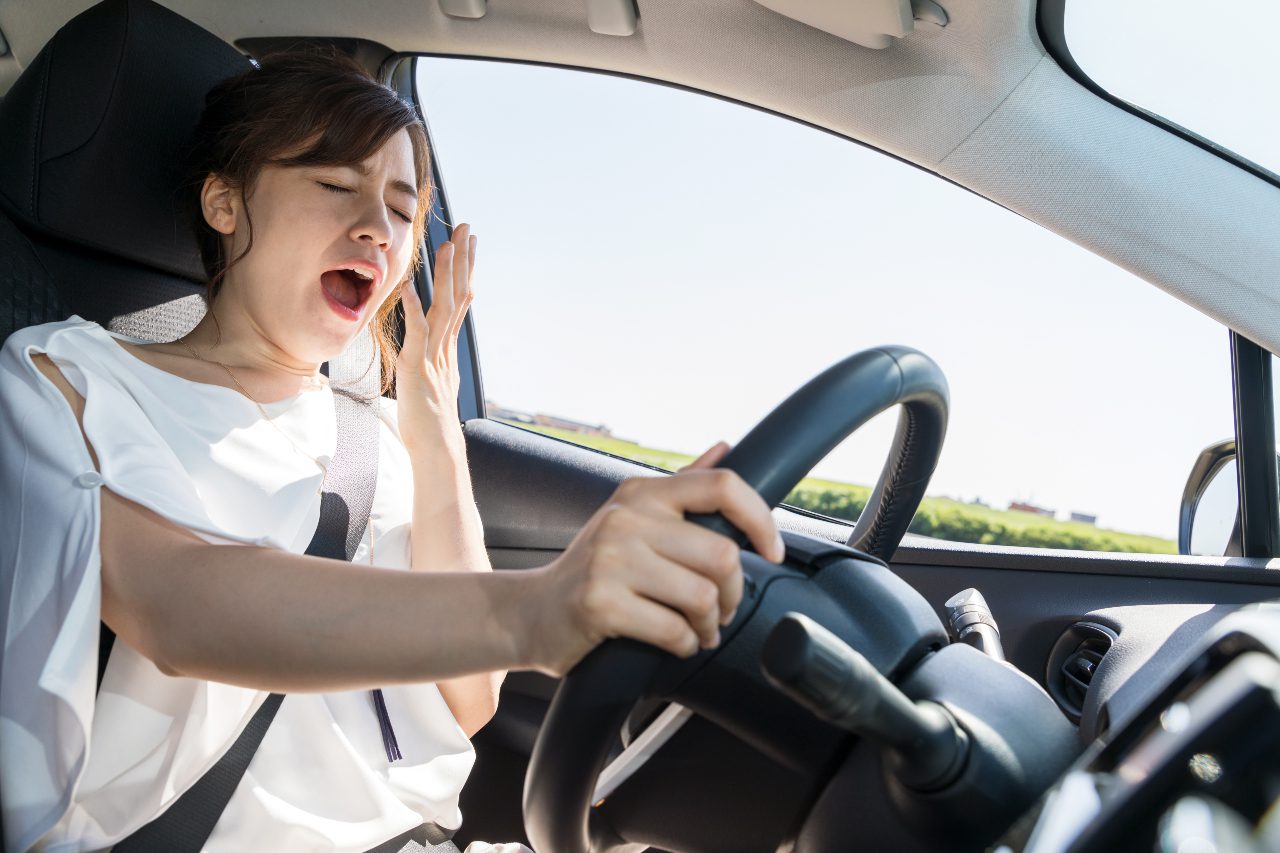Can I Be Fined for Driving While Drowsy in Maryland?

While not one of the more obvious dangers, drowsy drivers who choose to get behind the wheel are risking their own lives as well as the lives of fellow drivers. Each year, drowsy driving accounts for about 100,000 crashes, 71,000 injuries, and 1,550 fatalities, according to the National Safety Council (NSC). These crashes led to an estimated 50,000 people injured and nearly 800 deaths.
Dangers of Drowsy Driving
Drowsy driving occurs so frequently because sleep deprivation has become an increasingly common problem. People often begin their morning work commute after a poor night’s sleep—and those driving long distances often push themselves to go greater distances without breaks. Drivers don’t realize how much fatigue impacts their driving reactions and ability to focus on the road. Drowsy driving accidents usually share the following common characteristics:
- Occur most frequently between midnight and 6 a.m., or in the late afternoon. At both times of the day, people experience dips in their body’s internal clock that regulates sleep.
- Often involve only a single driver (and no passengers) running off the road at a high rate of speed with no evidence of braking
- Frequently occurs on rural roads and highways
Additionally, drowsy driving can also lead to the following:
- Impaired judgment and reaction time
- Increased aggression
- Difficulties with short-term memory
- Loss of vigilance
- Falling asleep at the wheel
It’s not always easy to recognize that you’re too tired to drive. If you’re concerned you have not had enough sleep, even if you feel fine, try to avoid driving. If you get tired while driving, consider pulling over until the wave of tiredness subsides.
Maryland Law and Drowsy Driving
Currently, there is no official law against driving while drowsy in Maryland. However, police officers are trained and drilled on how to spot fatigued drivers, including the following warning signs:
- Yawning and rubbing of eyes
- Blinking frequently or having difficulty focusing eyes
- Disconnected thoughts, not remembering the last few miles that have been driven, or missing exits
- Trouble keeping the head erect
- Drifting out of the lane and running over rumble strips
If you exhibit these signs and believe you are in danger of drifting off behind the wheel, you should stop driving immediately. If you simply cannot nap, ask someone else to drive or, if you are alone, take a break and consume some caffeine. Sometimes opening the window or playing the radio is effective, but these measures generally work only for a short time.
If you are pulled over by the police after exhibiting any of the above, you will likely be cited for reckless driving or something similar.
Who is Most Affected by Drowsy Driving?
Any driver can potentially fall asleep behind the wheel, but certain groups are at higher risk for drowsy driving because they tend to drive later at night, and they include the following:
- Shift workers
- Business travelers
- Commercial drivers, including truckers
- Young drivers
- Airline workers
Most companies are made to follow regulations for driving hours to help their drivers avoid drowsy driving. Consult with your employer to learn about these regulations.
Contact a Skilled Maryland Drowsy Driving Accident Attorney
If you or a loved one has been hurt in a car crash that was the result of a drowsy driver, the drowsy driving accident lawyers at Hillel Traub can help. We understand the confusion and pain that often follows a severe car accident, which is why we provide all of our clients with the personalized, compassionate legal representation that they deserve.
We will take care of your legal concerns while you recover and return to normal life. Contact us in Baltimore at (410) 580-1100 for a free consultation or contact us through our website.